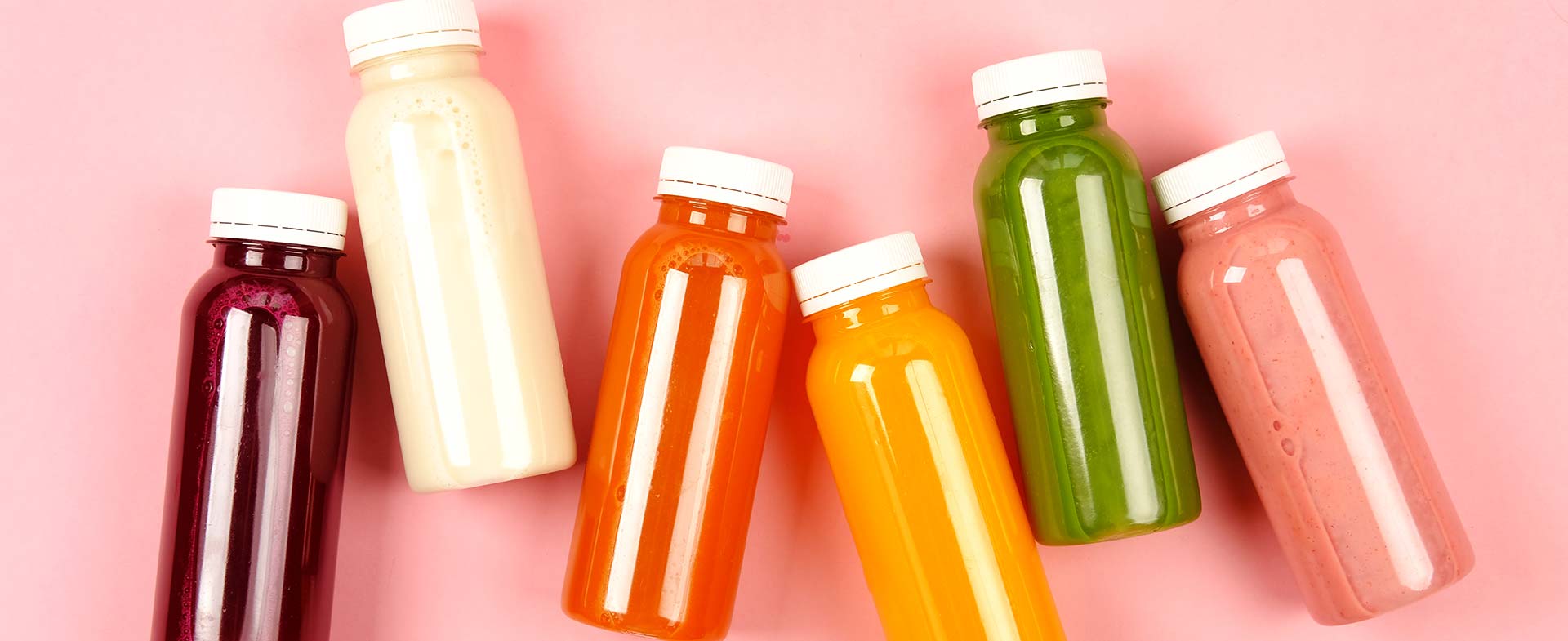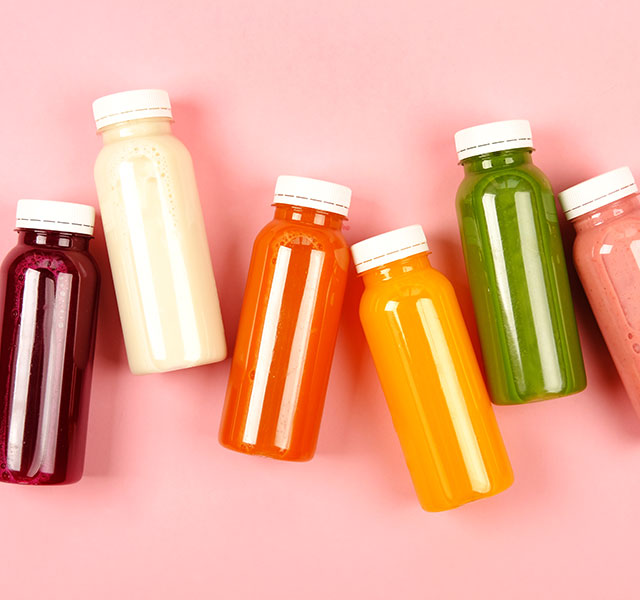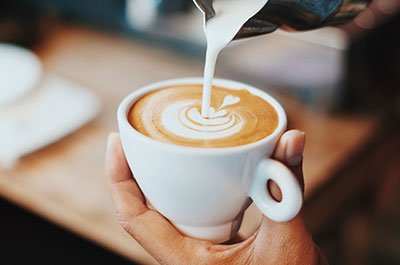Hydration isn’t just about meeting your fluid intake. While the general recommendations from the National Academy of Medicine—9 cups for women and 13 cups for men—are a good starting place, what’s in your drink is also important to consider.
Healthy Drinks Besides Water
“Look at the label of anything you drink besides plain water,” says Ellen Gillespie, RDN, CSCS, NBC-HWC, a registered dietitian and health coach with Henry Ford Health. “All ingredients added to food in the U.S. must be safe for consumption under the Federal Food, Drug and Cosmetic Act (FD&C Act). Most often these ingredients have been found safe in amounts larger than typical consumption. However, like anything, the dose makes the poison. Almost any substance can be problematic in excess.”
Here are some of the ingredients you should keep an eye out for when looking for healthy alternatives to water:
Sugar
The American Heart Association recommends that women eat less than 6 teaspoons of sugar daily, and men should stay below 9 teaspoons. Added sugar has many names on food labels, including dextrose, high fructose corn syrup and sucrose.
It’s easy to exceed those guidelines with just one sugary drink. To convert the information on the label to teaspoons, look for the grams of added sugar and divide by 4. For example, a 20 oz soda with 77 grams of added sugar contains more than 19 teaspoons of sugar.
“Consuming excess sugar can lead to an overconsumption of non-nutritious calories, so you may be more likely to miss out on important nutrients in your diet. If you’re chronically in a caloric surplus, it can increase your disease risk,” Gillespie says. Frequently drinking sugar-sweetened beverages can lead to tooth decay and contributes to conditions including obesity, type 2 diabetes, heart disease, kidney disease, liver disease and gout.
Sugar Substitutes
Many low-calorie or “diet” drinks get their sweetness from sugar substitutes such as aspartame, sucralose, saccharin and sugar alcohols (xylitol, mannitol, sorbitol). Though these ingredients typically add no (or very few) calories, they’re not without risk. Some, particularly sugar alcohols, are not fully digestible. When these products sit undigested in the gut, you might experience bloating, stomach pain, diarrhea and worsening symptoms of existing digestive conditions.
People with certain conditions may need to be extra careful about sugar substitutes:
- Phenylketonuria (PKU): People with this rare genetic disorder should avoid aspartame. These individuals cannot process phenylalanine, one of the amino acids in aspartame.
- Diabetes: People with diabetes who take insulin may find that suddenly switching from sugar-containing beverages to diet drinks without insulin adjustment could lead to low blood sugar levels (hypoglycemia).
Alcohol
No amount of alcohol is without risk. In addition to adding non-nutritious calories, alcohol can lead to short-term effects such as:
- Alcohol poisoning
- Anxiety
- Dehydration
- Depression
- Impaired judgment
- Sleep disruption
Excessive alcohol consumption over a longer period of time can lead to health conditions like high blood pressure, stroke, heart disease, liver disease, cancer and mental health problems. If you have concerns with your alcohol use, talk to your doctor.
Caffeine
The FDA advises healthy adults to keep their caffeine to 400 milligrams daily. But individual tolerance for caffeine and how quickly we metabolize it varies from person to person. Plus, some of us (including those with heart conditions) must closely monitor our daily caffeine intake.
Coffee isn’t our only source of caffeine. It can also come from green tea extract, guarana and yerba mata. While beverages must list the caffeine sources in the ingredient list, they don’t need to disclose the amount. So you might be having more caffeine than you realize. Look at what you’re drinking if you feel unusual anxiety, restlessness, insomnia, heart palpitations or headaches.

The Smart Way To Hydrate
Gillespie’s advice for healthy hydration is simple. “Drink more water. You won’t have to worry about excess calories, caffeine or unhealthy artificial ingredients. It’s also inexpensive if you drink tap water.”
If you struggle to drink plain water—or just want extra flavor—consider these healthier options:
- Water infused with natural fruit
- Naturally flavored sparkling water
- A teaspoon of honey or one sugar packet in your drink
- Plant-based zero-calorie sweeteners such as stevia, monkfruit and yacon syrup
Water may also be best for you if you’re pregnant, taking prescription medication or have health considerations. Chat with your doctor about your beverages.
“Whatever you choose, be clear what you’re drinking. Look at labels, get to know the ingredients and do the math on how much sugar you consume,” says Gillespie. “Don’t forget about moderation. It may not seem exciting, but it’s the golden rule for your drink.”
Reviewed by Ellen Gillespie, is a registered dietitian nutritionist and health coach at Henry Ford Health.



